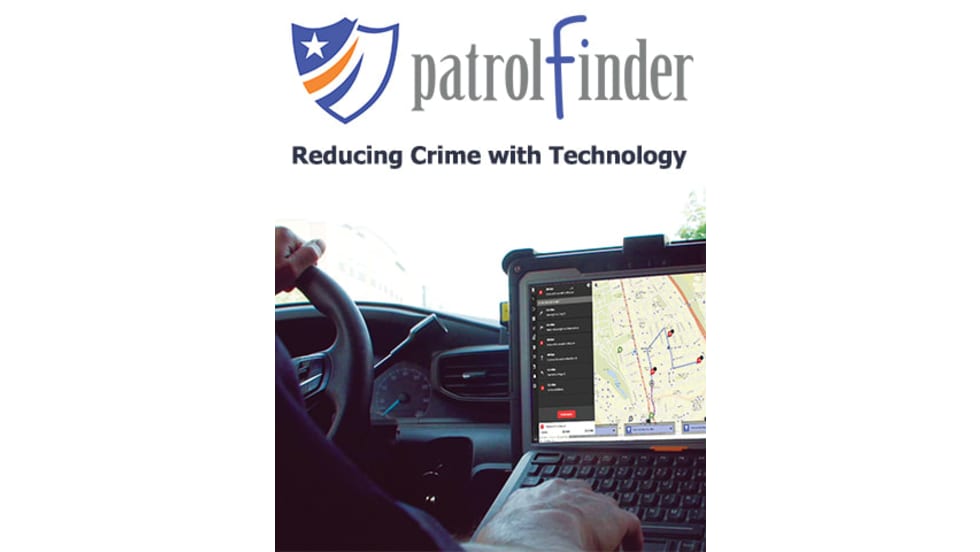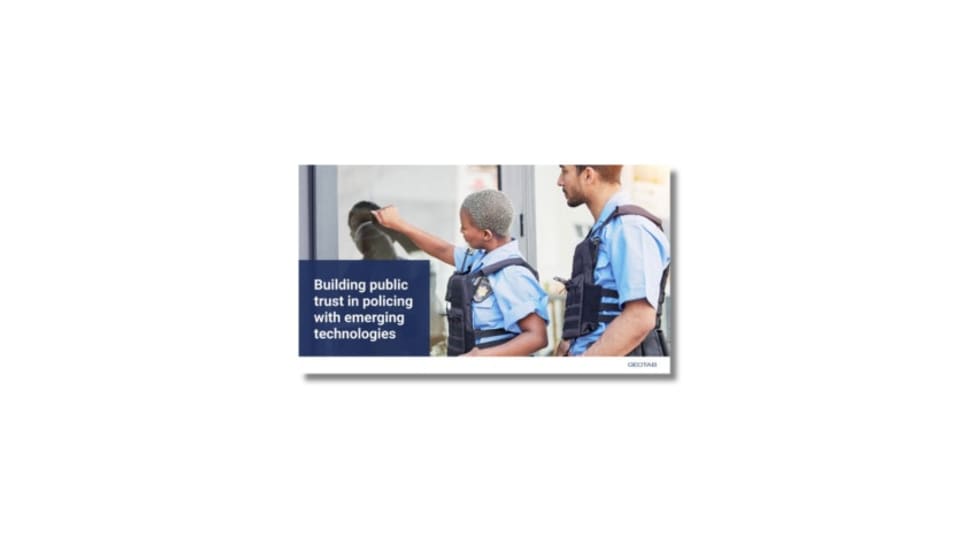“We teach the officers what mental illness looks like and how to manage the call by knowing what to say and what to do,” says Gipson. “Officers learn how to intervene because in some incidents the person may be a danger to themselves or others.”
She explains how when she moved to Mobile, she wanted to get something started to help officers deal with mental health crisis calls. Her organization started a crisis team, and then created a partnership with the Mobile Police Department.
“I think that it's really important to have that relationship where we're both working together to try to get mentally ill people the treatment they need, where they need it,” she says while also pointing out how finding help for some individuals can prevent their landing in jail or leaving families struggling to find resources for a loved one on their own.
Gipson collaborated with MPD Commander Curtis Graves and City of Mobile Public Safety Director Lawrence Battiste, who was police chief at the time, to pursue Bureau of Justice Assistance grants to provide training and resources for officers. They applied for the first grant in 2020, but Gipson said the implementation got off to a slow start due to the pandemic. The City of Mobile received the initial $400,000 grant for a two-year period but was later allowed a one-year extension. The second grant provided $150,000 for training. Funding from that second grant enabled sending a team from Mobile recently to visit the Harris County (TX) Sheriff’s Office, which is known for its Crisis Intervention Response Team, for specialized training in dealing with mental health calls.
That larger initial grant was for a continuation of a program that deployed a case manager in the Mobile County Jail for intervention post-incarceration as an effort to reduce recidivism. Gipson said it also really targets linking those individuals who have fallen out and commit crimes of survival back to treatment. Another component of the first grant was the forensic assertive community treatment team that works with individuals who have a lot of contact with law enforcement and emergency departments and are frequently in and out of the system. That team goes out to wherever they are, helps them find housing, then goes out to their home, and constantly checks to make sure that they're taking their medication and remaining compliant with treatment. The team also works on cognitive behavioral therapy to reduce criminogenic thought process.











